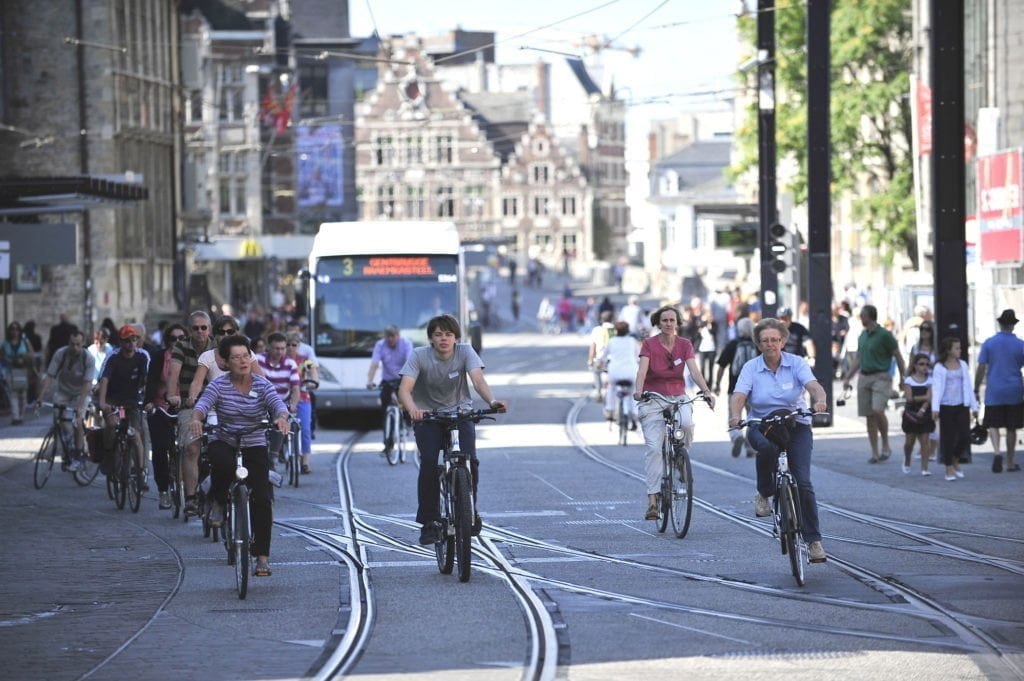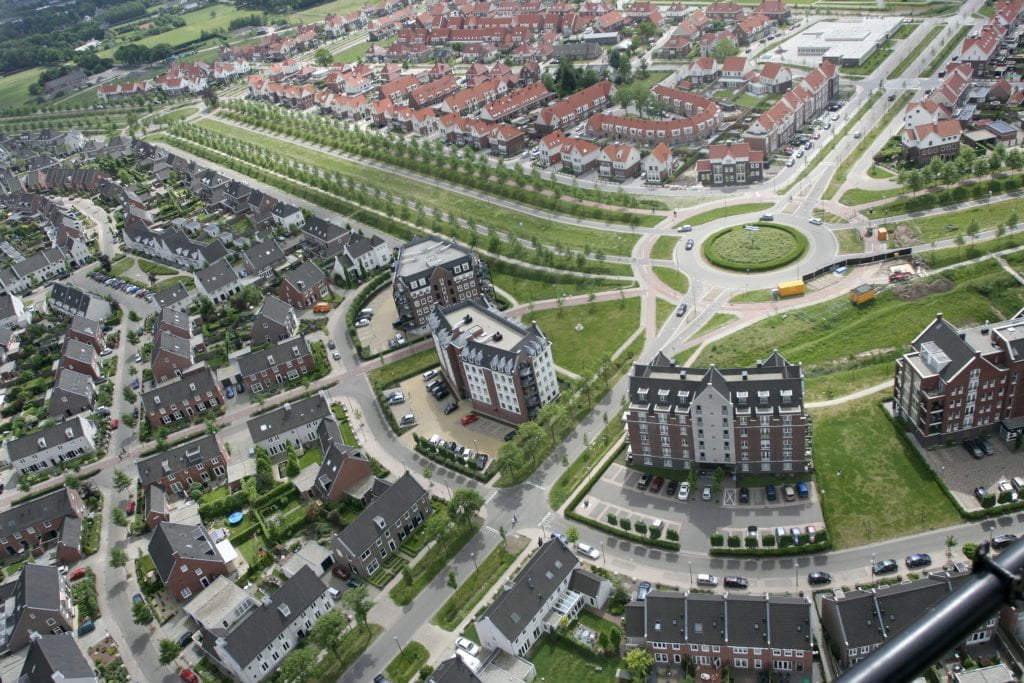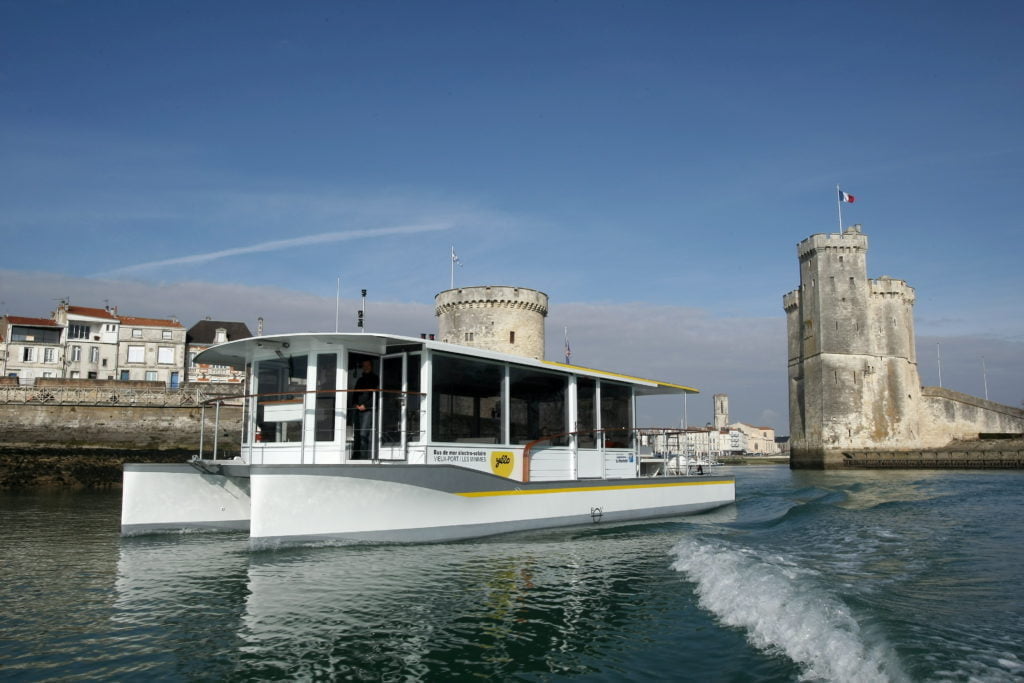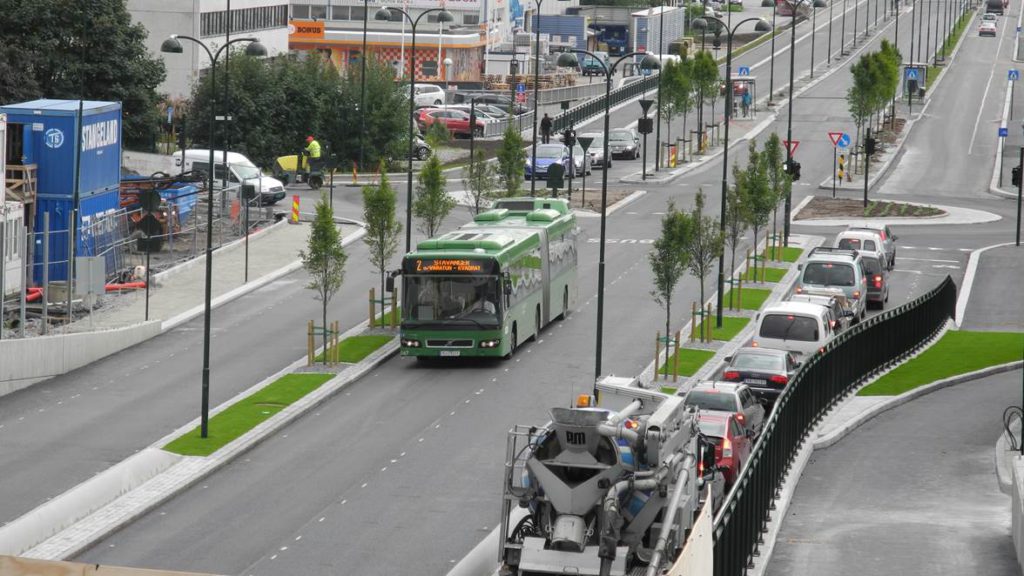PRESS RELEASE: Small and Medium-Sized Cities (SMCs) Unite for Better Mobility
Today’s mobility session at the Nordic Edge conference in Stavanger marks the beginning of a new stream in Polis, in which small and medium-sized cities (SMCs) discuss their specific transport challenges and develop their capacity as living laboratories for innovation. The mobility session at Nordic Edge is titled “Mobility in Europe’s Small and Medium-sized Cities: challenges, opportunities and innovation” and takes place on 26 September 14-17.00h.
Transport practitioners from the following SMCs travelled to Stavanger to share their specific transport challenges in the session, the opportunities they offer as well as the exciting transport initiatives that are already underway in these small and medium-sized cities:
The mobility session at Nordic Edge – Mobility in Europe’s Small and Medium-sized Cities: challenges, opportunities and innovation – marks the beginning of a new stream of activities dedicated to SMCs within Polis, the network of cities and regions for transport innovation. The contribution of transport practitioners from several SMCs will enable the audience to learn about the specific transport challenges that SMCs face, the opportunities they offer as well as the exciting transport initiatives underway.
- Matthieu Graindorge from La Rochelle, France says: “La Rochelle has taken an active role in the development of automated road transport systems in an urban environment. We strongly believe that automation - notably shared and collective – will have an impact on SMCs in the future. SMCs have to cooperate if they want to be ready for this evolution.”
- According to Gert Blom from the city of Helmond, The Netherlands, “SMCs have the potential to make the step from technology testing to mobility solutions. Together with Automotive Campus Living Lab Helmond, we support large-scale deployment of C-ITS technologies to address the mobility challenges that cities of all sizes face”.
- Pieter Faber from the city of Emmen, the Netherlands, also sees great potential in “C-ITS as well as Mobility as a Service (MaaS) in helping sparsely-populated regions to keep their towns connected, stimulating alternatives to car use and keeping the area socially viable and connected for people of all ages.”
- Sophie Gillaerts from the city of Ghent, Belgium, demonstrates “how a consortium of universities, companies and NGO’s in partnership with the City of Ghent are working on a new platform to bring Traffic Management solutions to a next level. TMaaS is developing an open and modular cloud-based platform to enable cities to manage traffic from anywhere at any time. TMaaS, with financial support from the Urban Innovative Actions initiative by the European Union is futuristic, efficient and inexpensive. Moreover, it can be used in any urban context.”
- Trond Hansen from the municipality of Gjesdal, Norway, sees the need for collective action: “SMCs need to come together and look for alternative and innovative solutions to address the large increase of car usage and parking needs.”
- Similary, Benoit Balmana from IVÉO, a Quebec-based NGO focussing on SMCs, is an advocate of “SMCs cooperating more and being inspired by each other. Pilot projects are a good opportunity to enable step-by-step innovation, leading to significant savings for SMCs.”
- The view of Tina Engen from the city of Oslo, Norway, is that “a discussion on different methods of crowdsourcing data and on big data can be used as a knowledge base in our decision-making.”
- On the same subject of data, Harald Sævareid from the city of Stavanger, Norway, is interested in “How can we tweak existing data, infrastructure and services to reduce the demand for transportation? Cities that solve mobility become more attractive as well as reduce the amount of resources needed. At the same time, travel must be supported by physical solutions and services supporting seamless mobility.”
- Karen Vancluysen, Secretary General of Polis, suggests that “while new technologies and mobility services may bring benefit to cities of all sizes, the regulatory framework may need revisiting to ensure the benefits outweigh any possible negative outcomes and new governance models may need to be defined.”
- Dr Jon Lamonte, CEO of Transport for Greater Manchester and current Polis president, is "happy for TfGM to contribute to this debate by providing insights into the very successful Leigh-Salford-Manchester Bus Rapid Transit, and its application for small and medium-sized cities.”
Background
About POLIS
Polis is the network of cities and regions for transport innovation. Within Polis, decision-makers are provided with the necessary information and tools for making sustainable mobility a reality. More information about Polis can be found here.
Contact: Francesco Ripa, fripa@polisnetwork.eu.
About NORDIC EDGE
Nordic Edge is the largest smart city event in the Nordic countries. It is one of Europe's most important events for experts and professionals engaged in new technological solutions that make cities, businesses, organisations, and homes smarter. More information about Nordic Edge can be found here.




